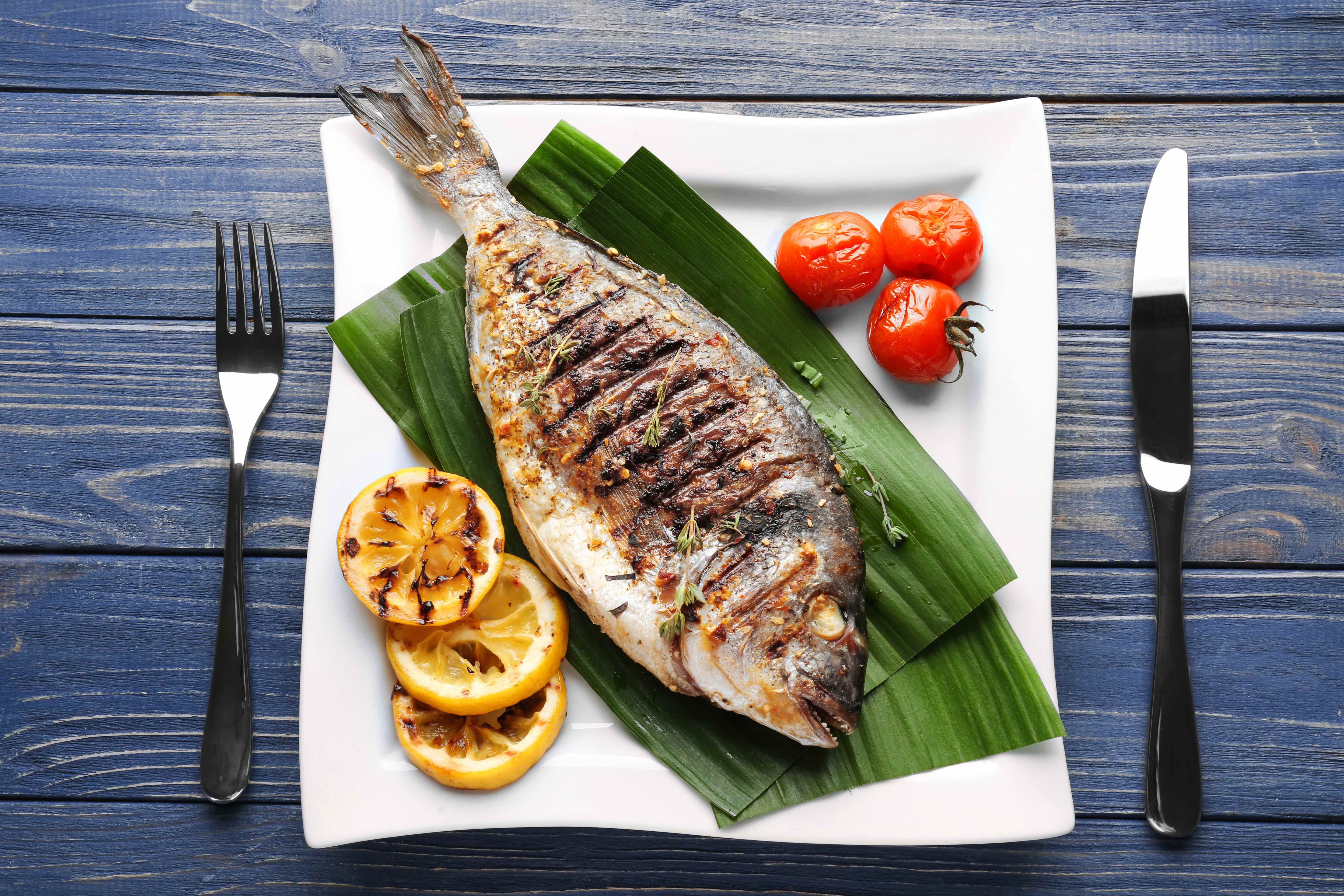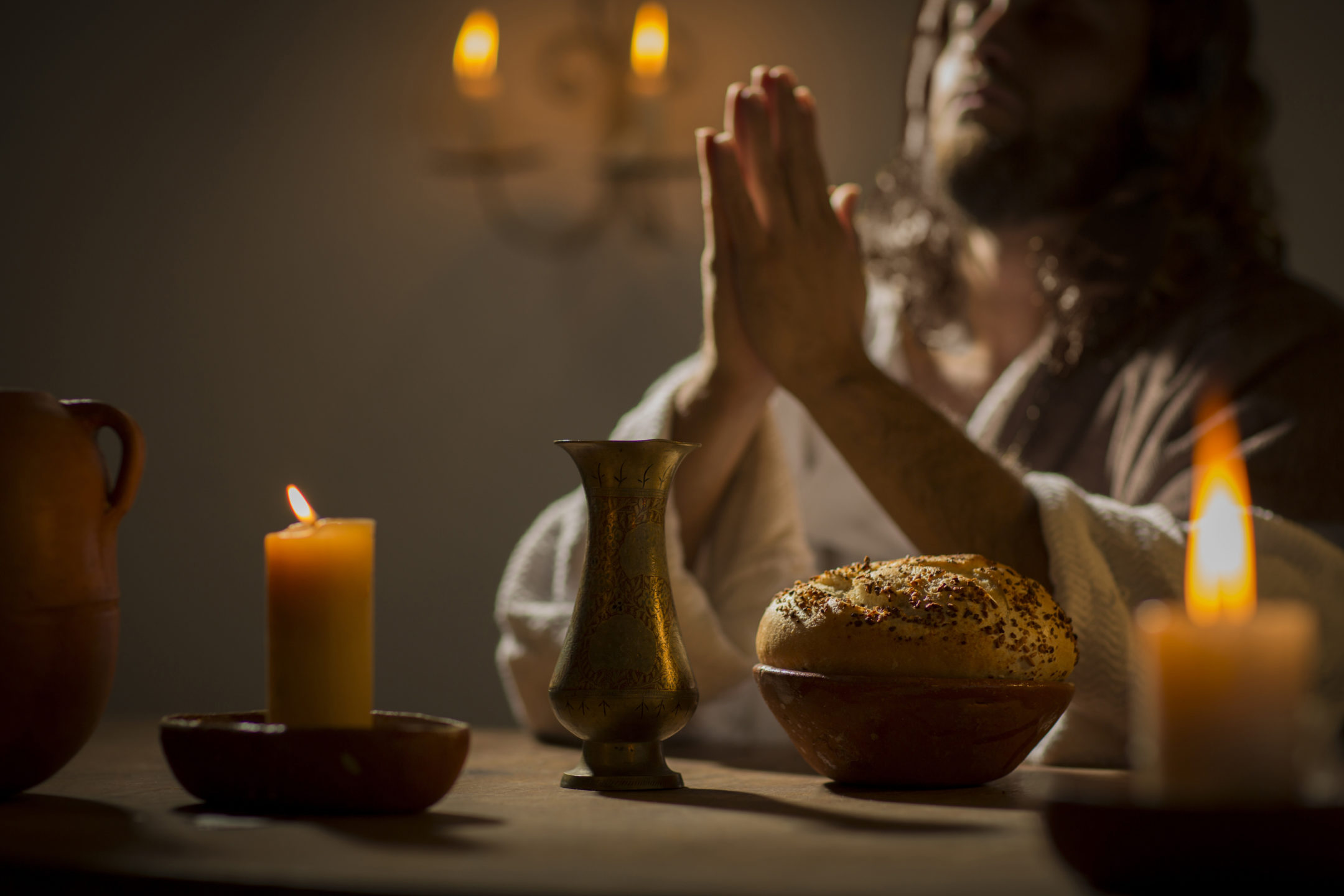Good Friday is a deeply solemn day in the Christian calendar, and for Catholics, it holds a special place in their spiritual journey. On this day, believers reflect on the crucifixion and death of Jesus Christ, and fasting becomes an essential practice to express their devotion. But why do Catholics fast on Good Friday? It's not just about skipping meals; it's a profound act of faith, sacrifice, and solidarity with Christ's suffering. Let's dive deeper into this sacred tradition and uncover its significance.
Fasting on Good Friday isn't just a ritual—it's a way for Catholics to connect with the core of their faith. It's like taking a pause in the chaos of life to remember what truly matters. In a world where distractions are everywhere, this act of abstinence helps believers focus on the ultimate sacrifice made by Jesus. It's not about hunger; it's about humility and gratitude.
So, if you've ever wondered why Catholics fast on this particular day, you're in the right place. We'll explore the history, the spiritual meaning, and how this practice continues to shape the lives of millions around the globe. Whether you're Catholic or simply curious, this article will give you a deeper understanding of this powerful tradition.
- Remembering Alan Jackson A Tribute To His Life And Legacy
- Understanding The Impact Of Aubreigh Wyatt Bullies
Table of Contents
- The History of Fasting on Good Friday
- The Spiritual Meaning Behind Fasting
- Rules for Fasting on Good Friday
- Exceptions and Flexibility in Fasting
- Symbolism of Fasting in Catholicism
- Prayer and Almsgiving: Companions to Fasting
- A Modern Perspective on Fasting
- Global Practices: How Catholics Fast Around the World
- The Scientific Benefits of Fasting
- Conclusion: Why Fasting Matters
The History of Fasting on Good Friday
Origins of the Tradition
Fasting on Good Friday has deep historical roots that go back centuries. Early Christians observed days of penance and fasting to honor the suffering of Jesus. Over time, the Church formalized these practices, and Good Friday became one of the most significant days for fasting. It wasn't just about skipping food; it was about creating a space for reflection and prayer.
Back in the day, fasting was a lot stricter. People would abstain from all food and drink from midnight until sunset. As the Church evolved, so did the rules, but the essence of the practice remained the same: to draw closer to God through sacrifice.
Development Through the Ages
Throughout history, the rules for fasting have changed to accommodate different cultural and societal contexts. In medieval Europe, fasting was often combined with other forms of penance, like wearing sackcloth or participating in processions. These practices were meant to deepen the spiritual experience and remind believers of the sacrifices made by Jesus.
Today, the rules are more relaxed, but the intention is still there. Catholics are encouraged to fast and abstain from meat as a way of honoring the day. It's like a modern adaptation of an ancient tradition, keeping the spirit alive while respecting the needs of contemporary life.
The Spiritual Meaning Behind Fasting
Fasting on Good Friday isn't just about denying yourself food; it's a deeply spiritual act. When Catholics fast, they're not just physically hungry—they're spiritually hungry. It's a way of saying, "God, I'm here for you." By giving up something as basic as food, they're making space for prayer, reflection, and gratitude.
Connecting with Christ's Suffering
One of the primary reasons Catholics fast on Good Friday is to connect with the suffering of Jesus. By experiencing a small fraction of what He endured, they can better understand His sacrifice. It's like saying, "I see you, Jesus, and I'm with you in your pain." This act of solidarity is incredibly powerful and unites believers across the globe.
Think about it: when you're hungry, you become more aware of your body and your needs. Fasting helps Catholics become more aware of their spiritual needs too. It's like hitting a reset button for the soul.
Rules for Fasting on Good Friday
What the Church Says
According to the Catholic Church, fasting on Good Friday involves eating only one full meal and two smaller meals that together don't equal a full meal. Abstaining from meat is also required unless there's a serious reason to skip it. These rules might sound strict, but they're designed to encourage discipline and self-control.
Now, here's the thing: fasting isn't about punishing yourself. It's about growing closer to God. So, while the rules are there to guide you, the real focus is on the intention behind the act. If you're fasting with a pure heart, that's what truly matters.
Practical Tips for Fasting
Here are a few tips to help you make the most of your fasting experience:
- Start your day with prayer to set the right intention.
- Choose simple, nourishing foods for your meals.
- Stay hydrated by drinking plenty of water.
- Use the time you'd spend eating to reflect on Scripture.
Exceptions and Flexibility in Fasting
Who Can Be Exempted?
Not everyone is required to fast on Good Friday. Children under the age of 14 and adults over 60 are exempt, as are those who are sick or have medical conditions that make fasting unsafe. The Church understands that not everyone is in the same physical condition, so it allows for flexibility.
But here's the cool part: even if you can't fast, you can still participate in the spirit of the day. Maybe you give up something else, like social media or a favorite activity. The key is to find a way to honor the day that works for you.
Symbolism of Fasting in Catholicism
A Sign of Humility
Fasting is a powerful symbol of humility. By denying yourself something as basic as food, you're acknowledging that you're not in control. You're saying, "God, I trust you to provide for me, even when I feel weak." It's a beautiful reminder that life isn't just about what we can see and touch—it's about what we believe in our hearts.
A Gesture of Solidarity
Fasting also symbolizes solidarity with those who are hungry or in need. On Good Friday, Catholics are reminded of the many people around the world who don't have enough to eat. By fasting, they're standing in solidarity with these brothers and sisters, offering their sacrifice as a prayer for justice and peace.
Prayer and Almsgiving: Companions to Fasting
Prayer: The Heart of the Practice
Fasting on Good Friday is often accompanied by prayer. Whether it's attending a service at church or spending time in personal reflection, prayer is an integral part of the day. It's like the glue that holds everything together, connecting the physical act of fasting with the spiritual intention behind it.
Almsgiving: Extending Love to Others
Almsgiving is another important companion to fasting. By giving to those in need, Catholics extend the love and compassion they've received from God. It's like saying, "I've been blessed, so I want to bless others too." Together, fasting, prayer, and almsgiving create a powerful trifecta of faith and action.
A Modern Perspective on Fasting
In today's fast-paced world, fasting might seem like an outdated practice. But for Catholics, it's more relevant than ever. In a culture that often prioritizes consumption and instant gratification, fasting offers a counter-cultural message: sometimes, less is more. It's a reminder that true fulfillment comes not from what we have, but from who we are and whose we belong to.
Adapting to Modern Life
Modern Catholics are finding creative ways to incorporate fasting into their busy lives. Some choose to fast digitally, giving up social media or screen time for the day. Others focus on mindful eating, choosing foods that nourish both body and soul. The beauty of fasting is that it can be adapted to fit any context, as long as the heart is in the right place.
Global Practices: How Catholics Fast Around the World
Diverse Traditions
While the basic rules for fasting on Good Friday are the same worldwide, Catholics in different countries have their own unique ways of observing the day. In Latin America, for example, many people participate in processions and reenactments of the Passion of Christ. In the Philippines, Catholics often practice "panata," a vow to perform a specific act of penance. These diverse traditions enrich the global Catholic experience, showing how faith can be expressed in countless ways.
Uniting in Diversity
Despite these differences, Catholics around the world are united by their shared commitment to fasting on Good Friday. It's a beautiful reminder that, no matter where we come from or how we practice our faith, we're all part of the same Body of Christ.
The Scientific Benefits of Fasting
While fasting is primarily a spiritual practice, it also has some surprising scientific benefits. Studies have shown that intermittent fasting can improve mental clarity, boost immune function, and even promote weight loss. For Catholics, this is just another reason to embrace the practice—because it's not just good for the soul; it's good for the body too!
Conclusion: Why Fasting Matters
So, why do Catholics fast on Good Friday? It's a question with many answers, but at its core, fasting is about connection—connection with God, connection with others, and connection with ourselves. It's a way of saying, "I'm here, and I'm willing to give up something for You." In a world that often feels disconnected, this act of faith is a powerful reminder of what truly matters.
As you reflect on the significance of fasting, consider how you can incorporate this practice into your own life. Maybe it's through traditional fasting, or maybe it's through giving up something else. Whatever you choose, remember that the heart of the practice is love—love for God, love for others, and love for yourself.
Now it's your turn. Share your thoughts in the comments below. Have you ever fasted on Good Friday? What did you learn from the experience? And don't forget to share this article with your friends and family. Together, let's keep the spirit of Good Friday alive and thriving!
- Molly Noblitt And Aubreigh Wyatt A Jail Saga Unveiled
- Discovering Molly Noblitt Today A Journey Through Her Life And Career


